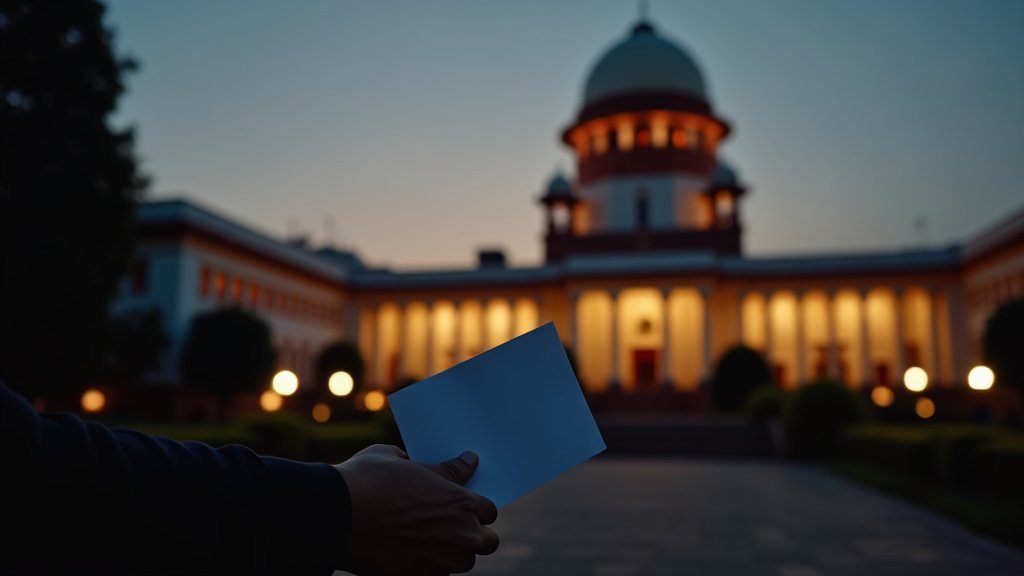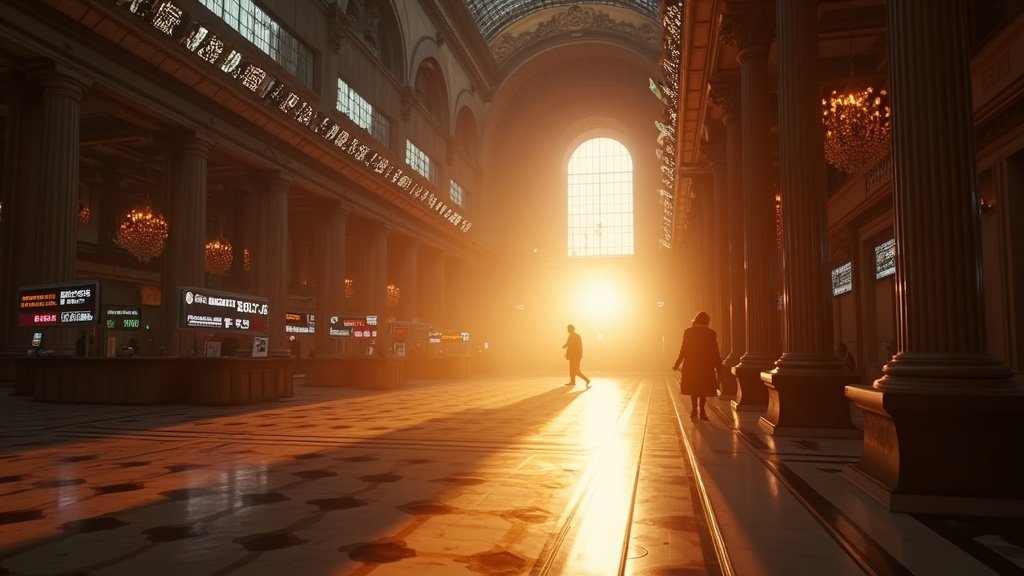In a day marked by significant developments across legal and scientific frontiers, the Supreme Court of India has directed the Election Commission to provide critical details regarding the exclusion of nearly 3.66 lakh voters from Bihar’s final electoral roll, while simultaneously, the global scientific community is celebrating the 2025 Nobel Prize in Physics awarded for groundbreaking work on macroscopic quantum tunnelling. These headline-grabbing news items underscore a day of heightened national and international focus.
Supreme Court Pushes for Electoral Transparency in Bihar
The nation’s top court, through a bench comprising Justices Surya Kant and Joymalya Bagchi, has mandated the Election Commission of India (ECI) to furnish a comparative analysis detailing the 3.66 lakh electors who were excluded from Bihar’s final electoral roll following the Special Intensive Revision (SIR) exercise. This directive comes amidst ongoing petitions challenging the SIR process, which has raised concerns about transparency and potential disenfranchisement.
The context leading to this order involves a series of revisions to Bihar’s voter lists. Initially, the draft roll saw the omission of approximately 65 lakh names. While the ECI maintains that the SIR aims to remove duplicates and ensure accuracy, critics and petitioners, including opposition parties and NGOs, have alleged wrongful deletions and a lack of due process. The Supreme Court has previously emphasized the public’s right to know the reasons behind voter exclusion and has stressed the importance of transparency to foster confidence in the electoral system.
The ECI informed the court that most of the names added to the final list were new voters, with only a small number of old names deleted, and importantly, that no formal complaints or appeals had been filed by any of the excluded voters. However, the court expressed concern over potential confusion regarding voter inclusions and deletions and has set a deadline of October 9 for the ECI to submit the requested details. The court has also indicated that any irregularities found in the methodology employed by the ECI could have pan-India implications, potentially leading to the cancellation of the entire electoral revision exercise across the country. This ruling is particularly pertinent as Bihar is scheduled to hold its assembly elections on November 6 and 11, with results due on November 14.
Nobel Laureates Unlock Macroscopic Quantum Secrets
In a testament to human ingenuity and scientific exploration, the 2025 Nobel Prize in Physics has been awarded to John Clarke (UK, University of California, Berkeley), Michel H. Devoret (France, Yale University and UC Santa Barbara), and John M. Martinis (US, UC Santa Barbara) for their pioneering experimental work demonstrating “macroscopic quantum mechanical tunnelling and energy quantisation in an electric circuit.”
Quantum mechanics, the study of the bizarre behaviour of matter and energy at the atomic and subatomic level, has long been the domain of the infinitesimally small. Quantum tunnelling, a key phenomenon, describes how particles can penetrate energy barriers that they classically do not possess enough energy to overcome, akin to a ball passing through a solid wall. What Clarke, Devoret, and Martinis achieved in a series of experiments during the 1980s was to demonstrate that these distinctly quantum effects could be observed and measured in systems large enough to be held and manipulated – systems the size of an electrical circuit. By utilizing superconducting electrical circuits, which allow current to flow without resistance, and incorporating Josephson junctions, they managed to observe quantum tunnelling and discrete energy levels not just in individual particles, but in collective quantum entities made of many particles acting in unison.
This groundbreaking work bridges the gap between the quantum and classical realms, proving that the strange rules governing the universe at its smallest scales can manifest in tangible, macroscopic systems. The implications of this discovery are profound, laying the foundational groundwork for the development of next-generation quantum technologies. These include advanced quantum computers capable of solving complex problems intractable for today’s supercomputers, enhanced quantum cryptography for secure communication, and highly sensitive quantum sensors. Professor Clarke himself noted that such research has implications for quantum computing and even underlies much of modern technology, including devices like cell phones.
A Day of Featured News and Trending Topics
Beyond these two major stories, today’s news cycle has been robust, featuring a variety of trending topics and significant national developments. Other featured news includes ongoing discussions around other judicial matters, such as the Supreme Court’s involvement in various legal challenges and the broader implications of electoral processes across India. The scientific breakthrough, in particular, has quickly become a top news item, generating widespread interest and discussion about the future of technology. The confluence of critical electoral oversight and monumental scientific advancement marks October 7, 2025, as a day of significant national and international news. This collection of events provides a comprehensive snapshot of the day’s most impactful stories.
In conclusion, the Supreme Court’s insistence on electoral transparency in Bihar, coupled with the Nobel Prize recognition for delving into the tangible aspects of quantum mechanics, highlights a day of profound consequence. These top news stories not only inform the public but also shape the future trajectory of governance and technological innovation.





